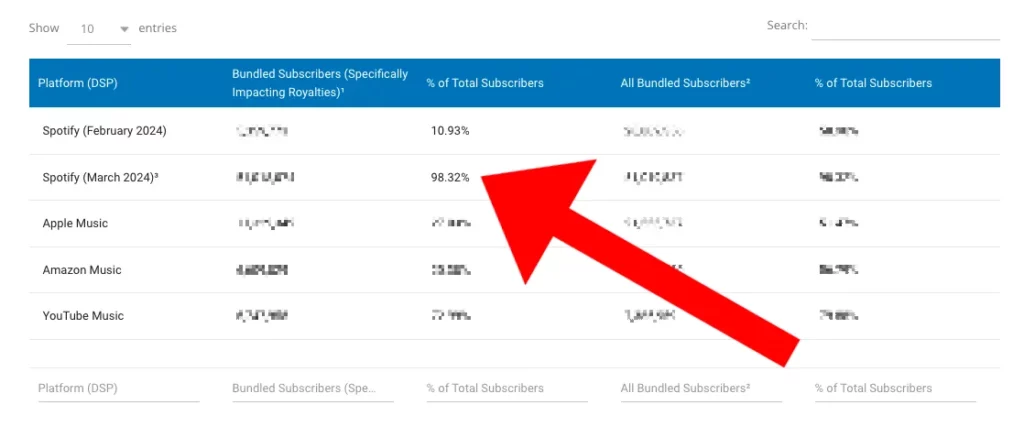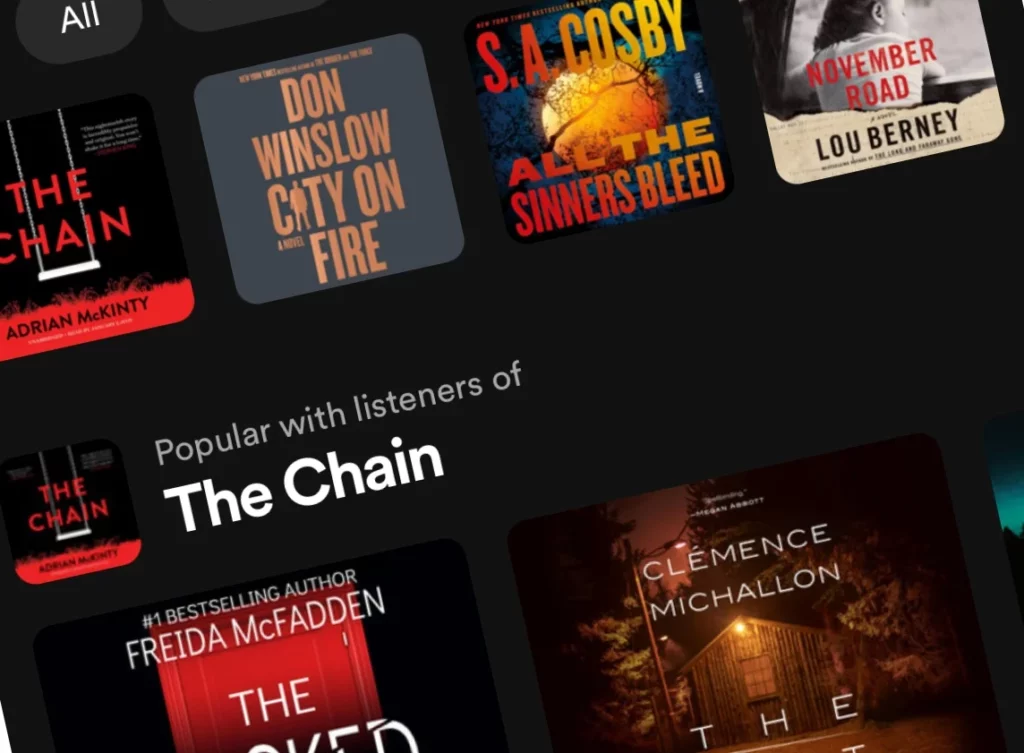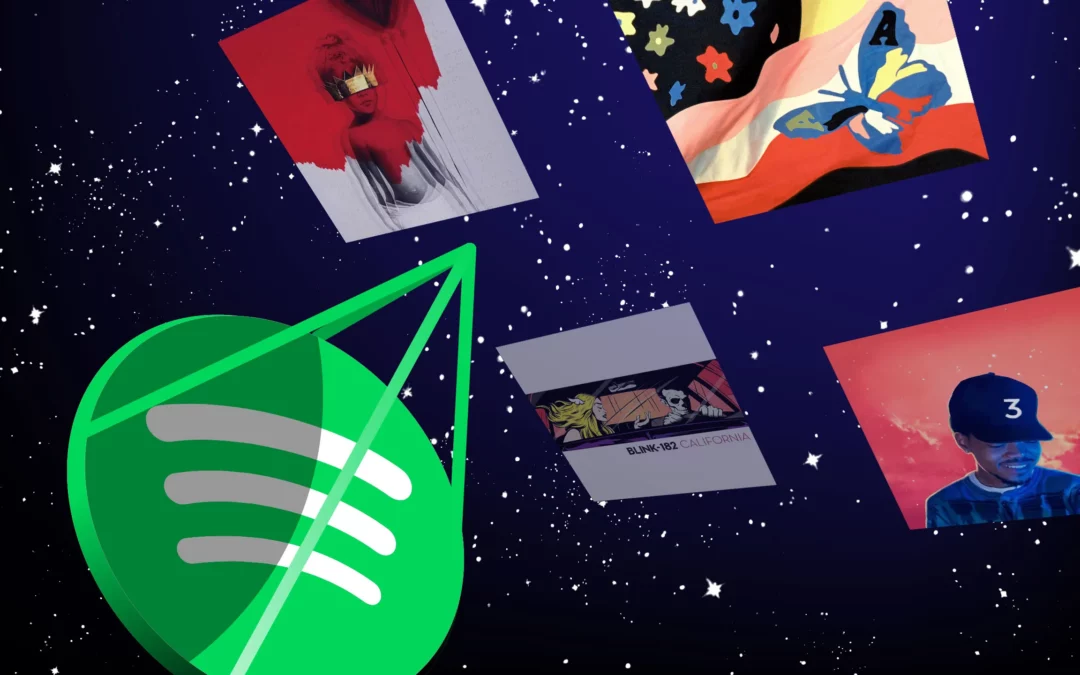Spotify is now taking major issue with Digital Music News’ claim that ‘Basic’ is being overlooked by potential members.
Spotify has every reason to bury its recently released, unbundled ‘Basic’ membership option. But does this imply that Spotify is deliberately concealing ‘Basic’ from potential users in order to guide them toward its more lucrative bundled options?
Given the economics, it’s difficult to picture Spotify not wishing to discontinue its Basic tier. Bundled plans are not only more expensive, but they also have significantly lower royalty payments (as evidenced by the hard data presented in this DMN Pro report).
That could explain why Spotify has converted more than 98% of its plans into bundles, according to our recently released Bundling Barometer.

Over the last few weeks, Digital Music News has discovered strong proof that Basic is being buried. In response, Spotify has begged to differ and requested corrections. We’re not sure if Spotify is helping or hurting their case here, but let’s air it out.
Perhaps the most telling sign is that new subscribers are unable to subscribe to a Basic, unbundled plan. Despite the disagreements over technicalities, Spotify did not contest this important point.
“Basic plans are only available to existing subscribers,” a Spotify spokeswoman told Digital Music News.

Not only are newer members trapped into bundled plans, but they are also unlikely to drop to a Basic, unbundled rate after their initial subscription. What is the key reason? Few people will be aware of a simpler and less expensive approach unless they happen to come upon it by chance.
These’stumble upon’ moments could include returning to the subscriber options page while logged in, browsing through different subscription options on the ‘Account’ page, or learning about the cheaper alternative from a friend, forum, or other source. In all likelihood, only a small number of new subscribers will see the Basic option after subscribing to a bundled tier, and only a subset will take action.
Spotify did clarify that both Family and Duo bundled Premium plans can be lowered to Basic alternatives, which we previously stated did not exist.
The corporation also claimed to have notified all of its members about the enlarged option via email, but we did not receive it.

(On this last point, on June 21st, we received a note labeled ‘Information about your plan’ informing us of a $1 price increase. This actually contained some information regarding the Basic downgrading.
None of that equates to’shouting from the rooftops,’ though Spotify is attempting to argue that Basic is not being buried. But, why are they doing this?
And why launch Basic at all when the real money is in bundling?
There may be several motivations at work here. Music publishers have chastised Spotify for their covert shift into bundling, which reduces royalty payments. They have also been sued (by the Mechanical Licensing Collective) and reported to federal regulators (particularly the FTC) over this move.
The National Music Publishers’ Association (NMPA) is also causing issues for Spotify: NMPA chief David Israelite is already pressing for changes on Capitol Hill in response to Spotify’s decision, threatening the platform with separate infringement cases.
But what if Spotify could just direct you to a bundle-free Basic option? After all, if customers may choose between bundled and unbundled plans, Spotify is simply serving the market rather than abusively guiding consumers toward royalty-lowering bundles.
Meanwhile, there are reports that the NMPA is prepared to sue over the aforementioned infringement claims. But that opens up a whole other set of problems.
Radiant TV, offering to elevate your entertainment game! Movies, TV series, exclusive interviews, music, and more—download now on various devices, including iPhones, Androids, smart TVs, Apple TV, Fire Stick, and more.


